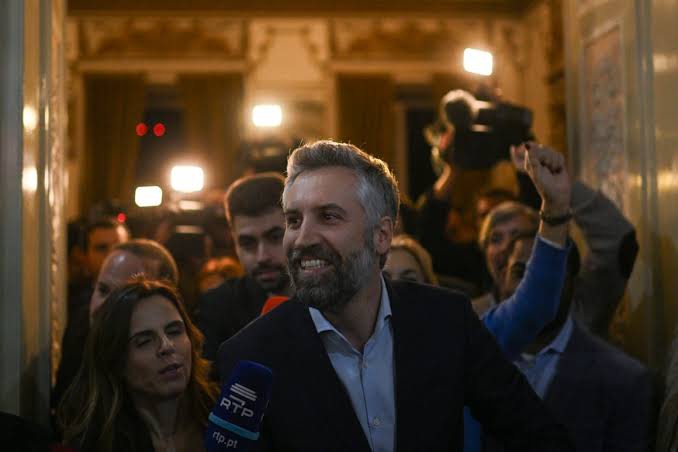Portugal’s Socialists formalize Pedro Nuno Santos as new leader amidst political transition, corruption probe

Portugal’s Socialists, in preparation for snap elections, formally designated Pedro Nuno Santos as their new leader, replacing Antonio Costa, who vacated his roles as prime minister and party head in November amidst a corruption inquiry.
Costa, who led the EU member state for eight years, stepped down due to investigations into his administration’s handling of energy-related contracts, despite a successful reelection in January 2022, securing an absolute majority in parliament—an uncommon achievement among Europe’s left-wing parties.
Pedro Nuno Santos, a 46-year-old economist hailing from the party’s left wing, garnered the support of 62 percent of party members last month, positioning himself to pursue success in the forthcoming elections scheduled for March 10. This transition follows Costa’s resignation amid allegations of influence peddling and involvement in the formulation of land planning laws favoring a company’s mega-data center project near the southern port of Sines.
Simultaneously, the principal center-right opposition party, the Social Democratic Party (PSD), is expected to solidify a coalition agreement in Porto, potentially reshaping the conservative political landscape. This move includes collaboration with two smaller right-wing parties, including the CDS-PP, with which PSD governed between 2011 and 2015. The political landscape has witnessed disruptions with the emergence of far-right Chega and right-of-center Liberal Initiative (IL), collectively securing 20 seats in the 2022 elections.
Recent opinion polls indicate a tight race between PSD and PS, with the right potentially returning to power with support from IL and Chega. Notably, if Andre Ventura’s Chega party plays a decisive role after the elections, it could mark a significant shift in Portuguese democracy, occurring 50 years after the revolution that ended 48 years of fascist dictatorship and 13 years of colonial wars.
The political crisis unfolded in early November with arrests and searches leading to the indictment of Costa’s chief of staff and infrastructure minister, Joao Galamba, on allegations of influence peddling. The Prosecutor’s Office revealed that Costa himself was under a separate judicial investigation, prompting his immediate resignation. Costa faced accusations of involvement in drawing up a land planning law benefiting a company planning a mega-data center project.
Pedro Nuno Santos, in a speech at the party congress in Lisbon, emphasized the need to separate politics from justice and underscored the importance of respecting the work of judicial authorities. The political landscape in Portugal remains dynamic, with the upcoming elections poised to determine the direction of the country’s governance.












